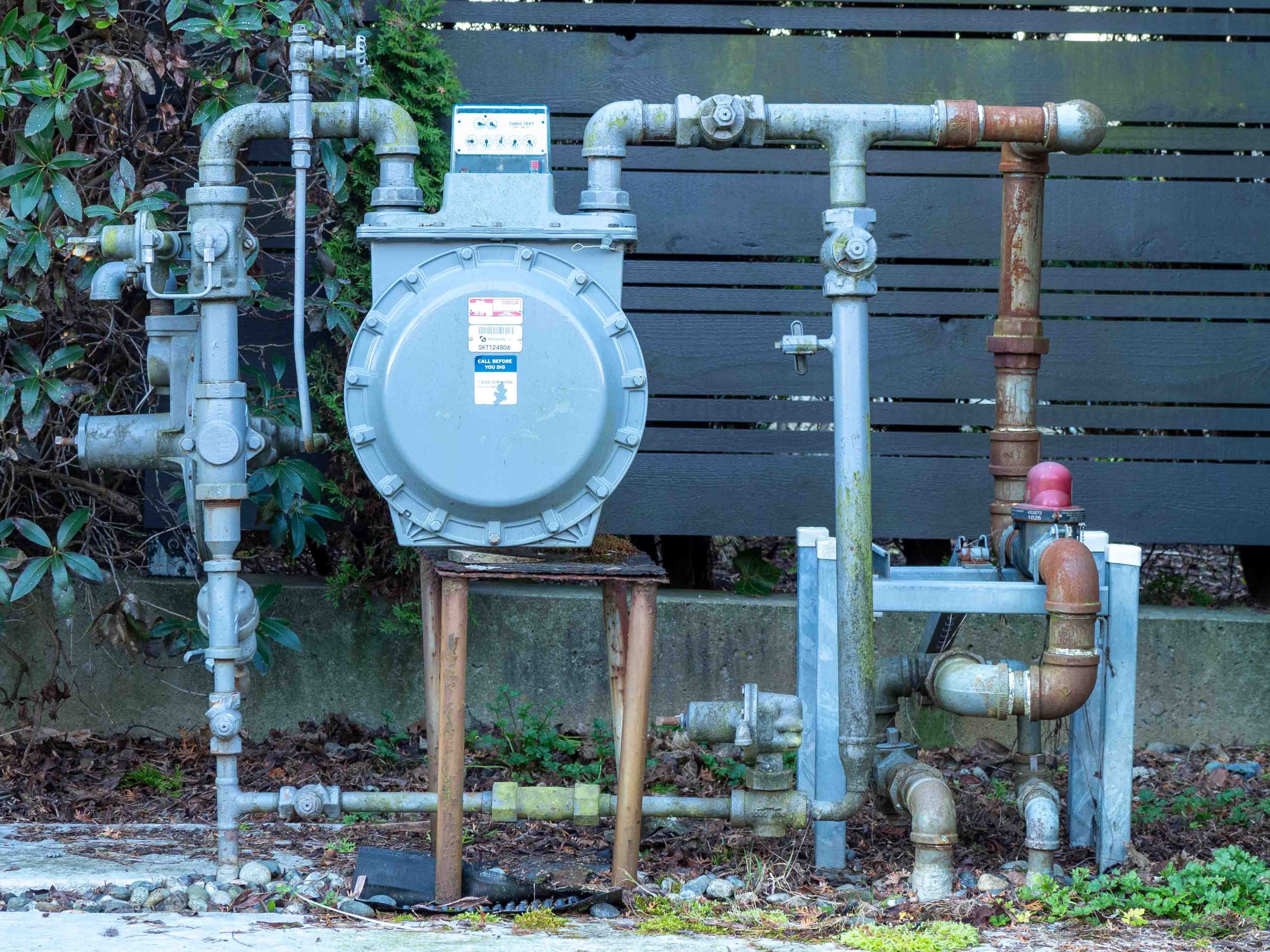The answer depends on whom you ask.
There is no argument that burning renewable natural gas turns methane into carbon dioxide, which is generally released into the atmosphere, and one view is that renewable natural gas is no cleaner than conventional natural gas.
Others argue, however, that renewable natural gas is clean, because some sources of the biomethane, for example rotting vegetation and agricultural waste, were going to produce greenhouse gases anyway. By using these sources as a fuel, they have provided some benefit and contributed no additional greenhouse gas emissions. By diverting some methane emissions, say landfill gas, into carbon dioxide, a less potent greenhouse gas than methane, renewable natural gas arguably improves the situation.
The BCUC has no explicit jurisdiction to determine whether renewable natural gas is clean or not. However, section 71 of the Utilities Commission Act gives the BCUC the power to review utilities’ proposed purchases of gas, and to reject them if they are not in the public interest. The BCUC is able to accept or reject utilities’ proposed purchases of renewable natural gas, and in that sense could be deciding, implicitly at least, whether the gas is clean.
The BCUC makes decisions on energy purchases based on “the price and availability of any other form of energy that could be used instead”, balanced with other public interest considerations such as whether the utility is securing a reliable long-term supply for its customers (section 71(2.1)). Renewable natural gas is considerably more expensive than conventional natural gas for a product that functions in exactly the same way, so could fail the implied “just and reasonable” test.
The BCUC could still approve purchases of renewable natural gas, however, if it was satisfied that the increased cost was worth it. To date, the BCUC appears to have made no such decision, at least not independently.
Instead, in section 2.2 of the Greenhouse Gas Reduction Regulation the BC government determined that renewable natural gas was a “prescribed undertaking”, which according to the Clean Energy Act is something done “for the purpose of reducing greenhouse gas emissions in British Columbia.” It appears, then, that the government believes renewable natural gas purchases are “clean”, in the sense that they reduce greenhouse gas emissions. The BCUC was directed by the Greenhouse Gas Reduction Regulation to allow utilities to purchase up to 15 percent of their annual gas supply as renewable natural gas, whatever the BCUC thought about the purchase.
The BC government also exempts retail customers of renewable natural gas from the province’s carbon tax, by means of the biomethane credit, or carbon tax credit (as an aside, the BC Carbon Tax Act refers to biomethane rather than renewable natural gas, but the government appears to have no issues with the BCUC’s distinction between the two).
The BC government’s CleanBC Roadmap to 2030, published December 20, 2021, also appears to be supportive of renewable natural gas, mentioning it five times and describing it as a low carbon fuel that will be allowed as BC moves to zero-carbon building construction by 2030.
However, the BC Building Code issued in 2024 does not include renewable natural gas in its greenhouse gas emissions standards. This is possibly the most significant decision the BC government has yet to make regarding renewable natural gas, given the prevalence of gas as a fuel for building heat and hot water.
The BCUC is currently working on two decisions in which renewable natural gas will feature prominently, both as a result of applications by FortisBC Energy Inc. (FEI). The first is FEI’s application, submitted in December 2021, for revisions to its renewable gas program, including a proposed rate for new homes to receive 100 percent renewable natural gas “permanently”. The second is FEI’s long-term gas resource plan, which the utility submitted in May 2022, and which identifies “renewable and low-carbon gases” as the first “pillar” in its transition to a decarbonized gas supply.
The BCUC’s decisions in these two proceedings will provide an insight into the regulator’s view of the future of the natural gas sector in BC, and just how clean it thinks renewable natural has actually is.


